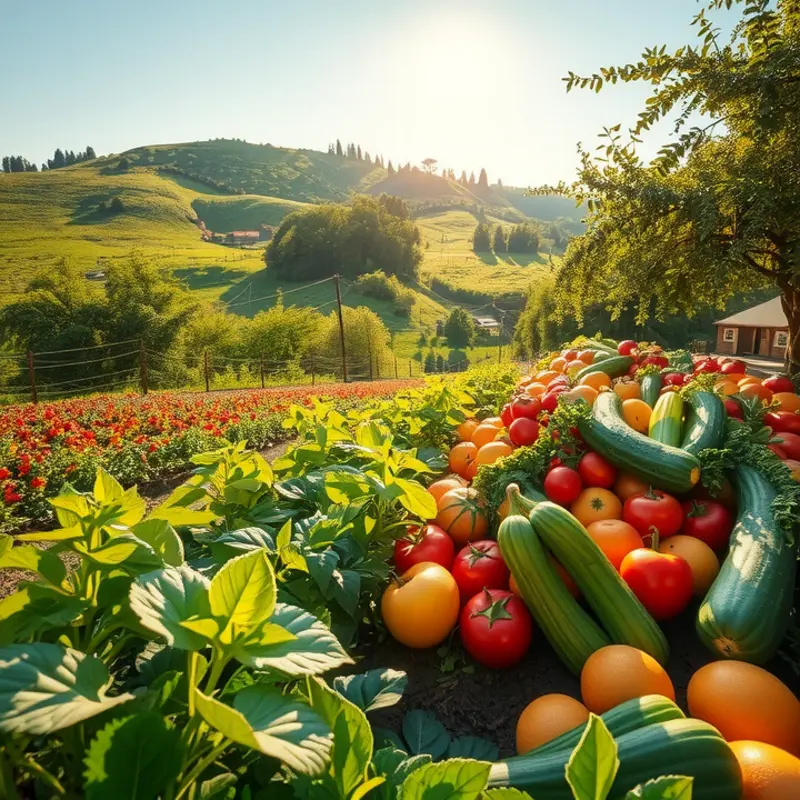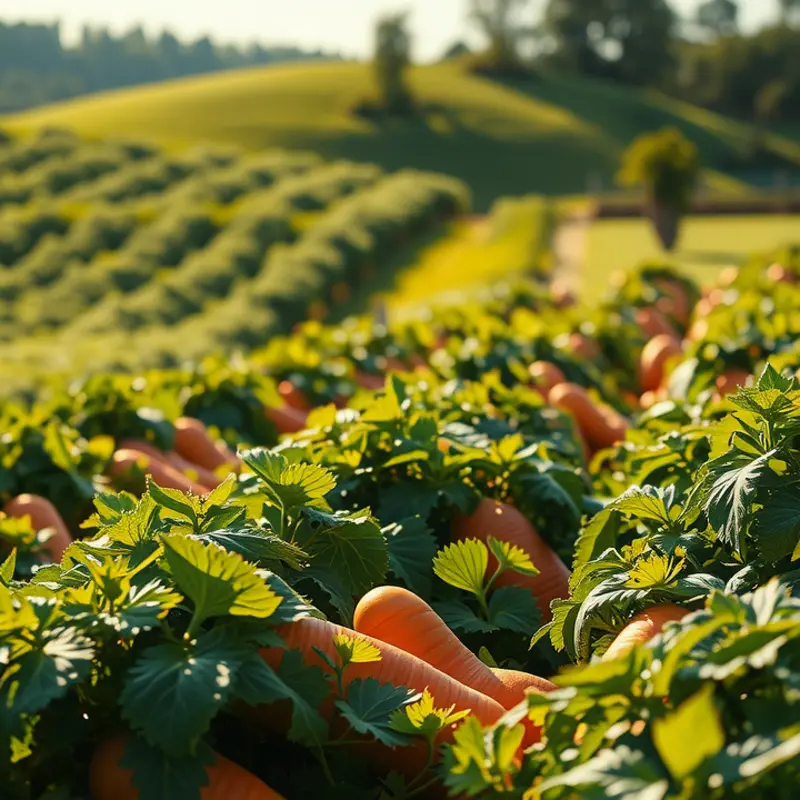Making eco-friendly food choices is more critical than ever in safeguarding our oceans. The way we eat impacts marine ecosystems, from overfishing to plastic pollution. By understanding and changing our diets, we can contribute significantly to ocean conservation efforts. Let’s delve into practical dietary changes that not only nourish our bodies but also protect the invaluable resources of our oceans.
Sustainable Seafood: Choosing Wisely

Choosing sustainable seafood is crucial for preserving marine biodiversity and ensuring future generations can enjoy ocean resources. When navigating the seafood aisle, it’s essential to recognize and select options that are responsibly sourced.
Identifying Sustainable Seafood
Understanding how to identify sustainable seafood is the first step. One way is to look for certifications that indicate sustainable practices. Two widely recognized certifications are the Marine Stewardship Council (MSC) and the Aquaculture Stewardship Council (ASC). These labels assure that the product was sourced in a manner that maintains healthy fish populations and environments.
Certifications to Consider
- MSC: Their blue label means the seafood is wild-caught using methods that support fish stocks and ocean ecosystems. MSC has strict standards for sustainable fishing to avoid overfishing and protect oceans.
- ASC: This label is found on farmed fish products. ASC-certified products ensure farms follow environmentally responsible practices, limiting negative impacts on local ecosystems.
- Other trustworthy labels include the Best Aquaculture Practices (BAP) and Global Gap, which offer additional assurances regarding seafood sustainability.
By seeking these certifications, you promote responsible fisheries and aquaculture systems. Explore more sustainable kitchen practices here.
Alternatives to Overfished Species
To reduce pressure on overfished species, consider alternatives. For instance, instead of Chilean sea bass or bluefin tuna, opt for barramundi or farmed coho salmon. These options are less exploited and offer a similar culinary experience without harming delicate ecosystems.
Local sourcing can also be more sustainable. Fish caught or farmed near your home typically have a smaller carbon footprint than imported varieties. This choice supports local fisheries and fish farms committed to ethical practices.
Empower Your Choices
Empowering consumers is vital for sustainable seafood success. By being informed, your purchase can influence market demand, encouraging fisheries to adopt better practices. Ask questions at your local fish market or grocery store about the origin and methods of your seafood. Retailers often respond to consumer preferences, meaning your considerations can drive significant change.
Ultimately, sustainable seafood choices are an investment in ocean health. While it may seem minor, collective action ensures resilient fish populations and ecosystems. By thoughtfully selecting seafood, you contribute to the preservation of our marine world.
Plant-Based Diet: A Path to Ocean Protection

Adopting a plant-based diet emerges as a powerful means to reduce your environmental footprint significantly. Traditional meat production demands vast resources and contributes heavily to ocean degradation. This occurs through nutrient runoff and pollution from farming areas.
A plant-based diet offers an inviting variety of grains, legumes, fruits, and vegetables, marking an eco-friendly lifestyle shift. Not only does it nourish individuals, but it also supports sustainable practices, redirecting us from environmentally taxing systems.
By choosing plant-based foods, you directly reduce greenhouse gas emissions. Plants consume less water and resources, lessening the strain typically associated with livestock. This choice is a boon for global ocean health, curbing the fertilizers and chemicals that run into marine ecosystems from agricultural lands.
Grains such as quinoa, oats, and barley provide complex carbohydrates and proteins. Rich in fiber and minerals, they are filling and adaptable to various recipes. Grains can replace heavier, meat-centric meals, providing energy and nutrition akin to traditional staples.
Legumes, including beans, lentils, and peas, serve as excellent protein sources. They contain essential nutrients and foster heart health. Their ability to fix nitrogen in the soil also benefits agriculture by reducing the need for synthetic fertilizers, thereby protecting water bodies from harmful runoff.
Fruits and vegetables shine in their versatility and nutrient-rich profiles. Leafy greens, cruciferous vegetables, and vibrant fruits introduce a rainbow of vitamins, antioxidants, and flavors to meals. When diversified, these foods not only boost immune function but also delight the palate.
To ease into a plant-based diet, explore simple recipes such as a hearty lentil stew or a zesty quinoa salad. Pair these with a variety of vegetables for nutritious, satisfying meals. For protein-packed options, consider bean-based dishes that easily substitute meat without sacrificing flavor.
Embracing such a diet doesn’t mean abandoning convenience or flavor. For those new to plant-based eating, meal prepping can help seamlessly integrate plant-based meals into a busy lifestyle. Here are some minimal prep dinner ideas that are both simple and sustainable.
Gradually introducing plant-based meals can transitions diets towards sustainability. Choose days to eat entirely plant-based or commit to specific meals. These small changes collectively enact significant environmental benefits. Not only will you contribute to healthier oceans, but also foster a lifestyle that’s in harmony with the planet’s ecosystems.
Final words
By becoming conscious of our food choices, we can actively protect our ocean ecosystems. Selecting sustainable seafood, minimizing meat consumption, and incorporating more plant-based options not only benefits personal health but also contributes to the well-being of our oceans. Simple dietary adjustments can lead to significant environmental impacts. Together, let’s take steps to ensure a healthier planet and healthier seas for future generations.








